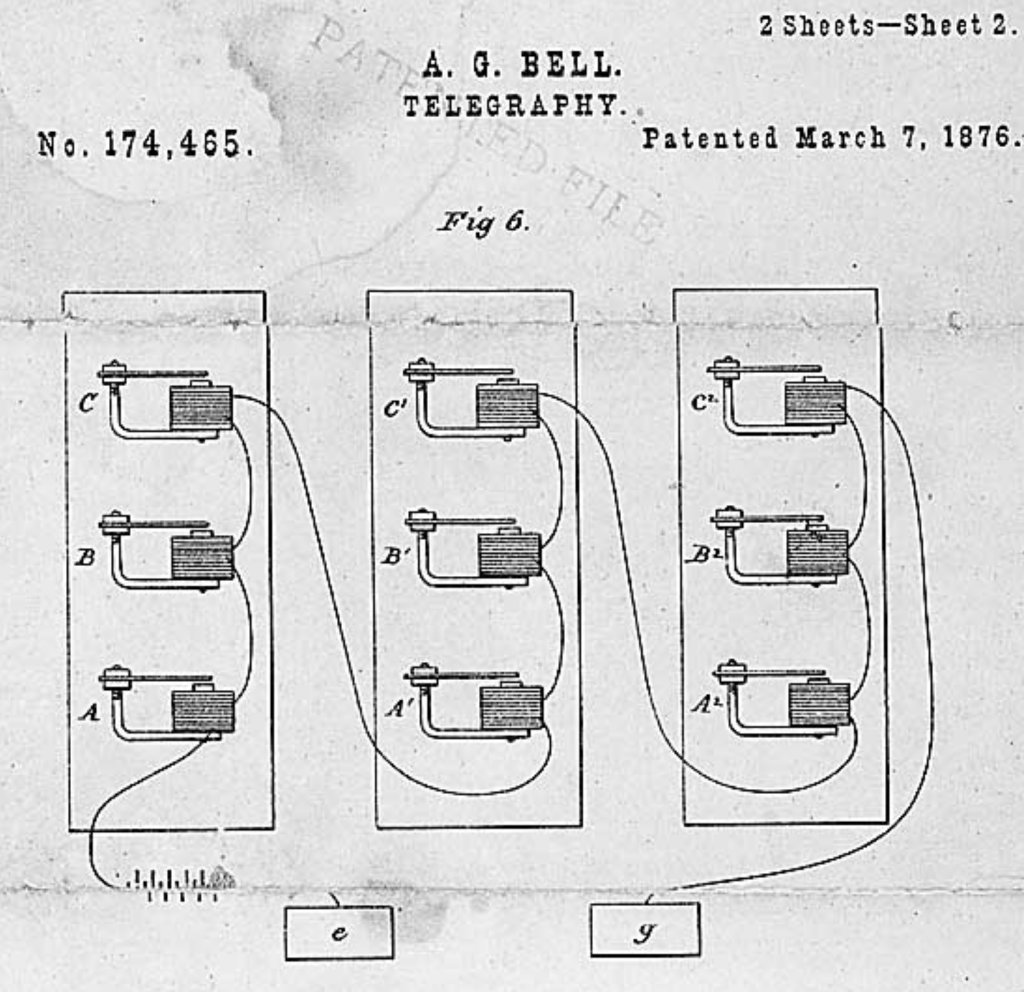A UN expert called Friday for Mali to remain in the International Criminal Court (ICC) after the country announced plans to withdraw last week. On September 22, Mali, Burkina Faso and Niger announced its joint withdrawal from the Rome Statute, accusing the ICC of selective justice, inability to handle proven war crimes, and as being a “tool of neocolonial repression.”
Eduardo González, the Independent Expert on the situation of human rights in Mali, stated that a withdrawal from the ICC “would be a betrayal of victims of gross human rights violations” in Mali, and a sign that authorities are unwilling to fight “impunity and ensure justice.”
González noted that a withdrawal from the ICC would risk the reparations process critical to the victims of serious crimes in Mali. To date, the ICC has convicted two Malian individuals of war crimes, Ahmad Al Faqi Al Mahdi and Al Hassan Ag Abdoul Aziz. The ICC has already provided reparations to victims of the Al Mahdi case, which involved the destruction of religious and historic sites in Timbuktu. But reparations to victims of the Al Hassan case would be halted if Mali’s withdrawal goes through.
According to Article 127 of the Rome Statute, the withdrawal of a state from the ICC is effective one year after notification of the UN Secretary General. During and after this one year period, the ICC retains jurisdiction over crimes committed during the time the state was party to the Rome Statute.
Additionally, Article 86 of the Rome Statute stipulates that state parties must fully cooperate with the ICC in its investigations and prosecutions. In general, this provision would find Mali in violation of international law for failing to collaborate with the court on ongoing cases.
Since 2012, Mali has experienced political instability marked by extreme violence and armed conflict, including from Islamist militant groups associated with Ansar Dine and Al-Qaida. Since then, widespread human rights violations and occupation of main cities has occurred, causing deaths of civilians, sexual violence, and destruction of cultural heritage.



























